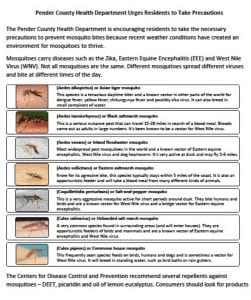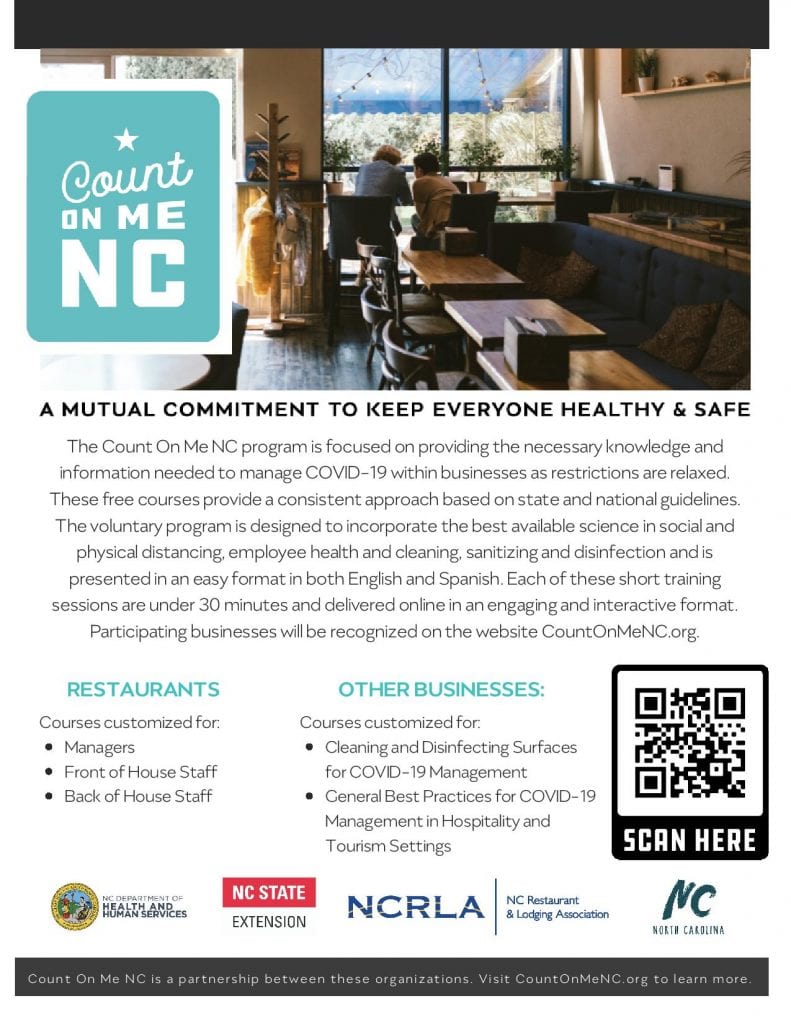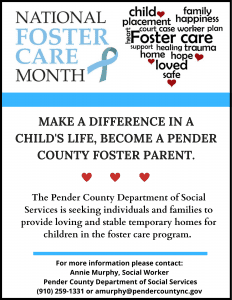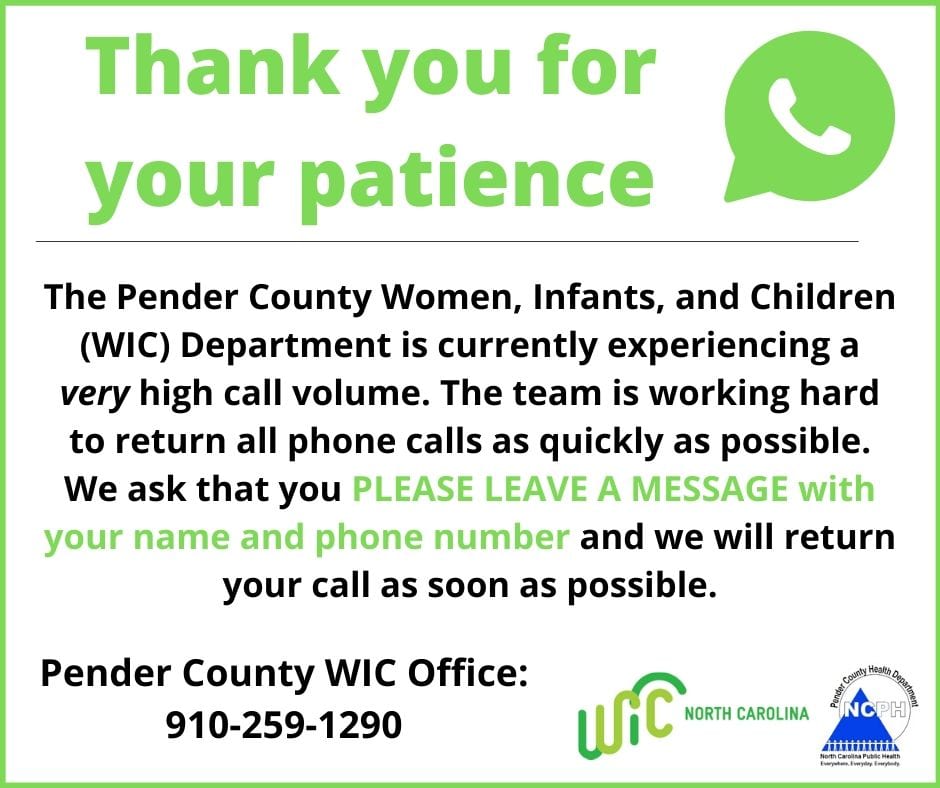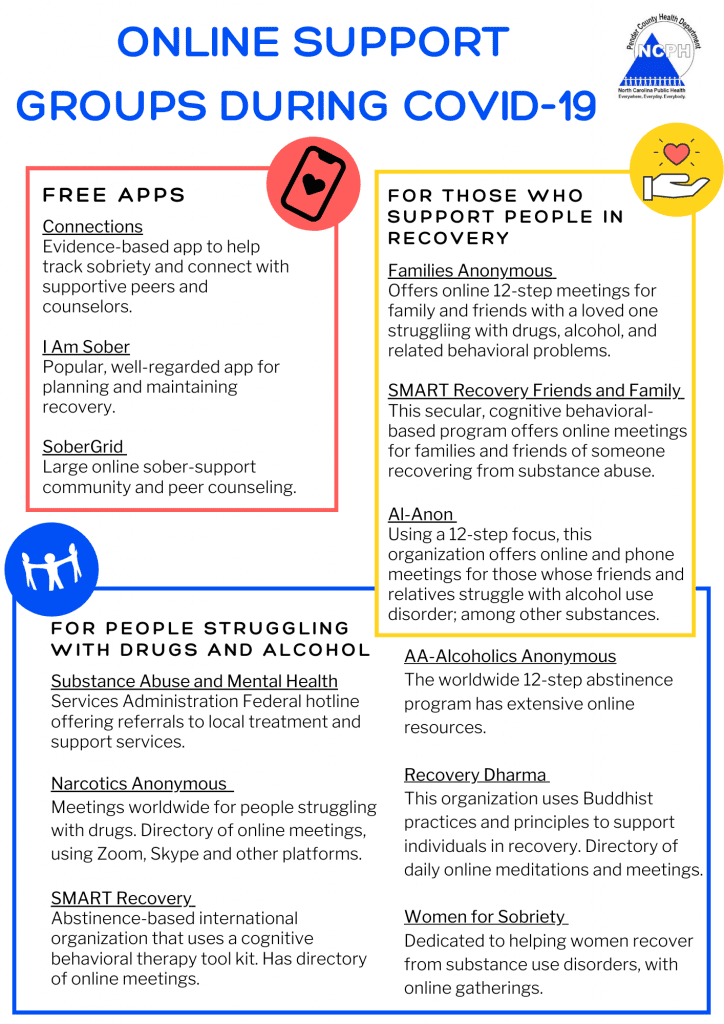Talk It Out NC Honors Alcohol Awareness Month by Encouraging Families to Start the Conversation about Underage Drinking
RALEIGH, N.C. – (April 6, 2020) Governor Roy Cooper issued a proclamation declaring April Alcohol Awareness Month in North Carolina. The proclamation coincides with a nationwide effort to educate Americans about the dangers of alcoholism and issues related to alcohol… all while families are staying home together.
Talk It Out NC, a state-sponsored initiative to reduce underage drinking, is taking the opportunity to encourage families in North Carolina to start the conversation about underage drinking. The program is launching several new initiatives to reduce the underage drinking problem in our state.
NC Alcohol Awareness Month Initiatives:
Engage Families During Pandemic Lockdown
Right now, when families are home together, is an opportune time in the fight against underage drinking. Talk It Out ambassadors are making virtual appearances across the stateto help families tackle what can sometimes seem like a daunting discussion.
“Students are home from school right now, and many of their parents are home from work — it’s the perfect time for families to talk about the consequences of underage drinking,” says Deputy Director of Education and Outreach for the ABC Commission Jim Van Hecke. “At the same time, Talk It Out is honoring Alcohol Awareness Month by encouraging students to Take the Pledge against underage drinking through several new initiatives.”
Social Media Blitz
Talk It Out is acknowledging Alcohol Awareness Month with engaging posts on all its social media platforms. These posts encourage families to talk about alcohol and keep the lines of communication open.
Alcohol Education Project
Talk It Out is also working with the North Carolina Association of ABC Boards to share information about an alcohol education project with the public. It is part of the Boards’ mission to ensure members of the public are well informed about the societal issues related to the consumption of alcohol.
School- and Faith-Based Initiatives
Although attendance at schools and churches is on hold right now, Talk It Out is planning for the future. The program is in the process of organizing school-based and faith-based initiatives for future engagement opportunities. Talk It Out’s ambassadors will connect with schools and churches in their communities to talk about underage drinking.
New Partnerships
April is also Alcohol Responsibility Month, and Talk It Out is partnering with the Foundation for Advancing Alcohol Responsibility (Responsibility.org) to eliminate underage drinking. The Foundation released encouraging statistics that result from positive conversations between parents and their kids about alcohol:
Alcohol Awareness in North Carolina:
Source: Alcohol Awareness Month Proclamation
- According to the Centers for Disease Control, the level of excessive drinking in North Carolina is trending upward.
- Neuroscience tells us that the developing adolescent brain is far more sensitive to alcohol than the mature adult brain and underage alcohol use can negatively impact student success and athletic performance.
- Excessive alcohol consumption in North Carolina costs over $7 billion a year in health care costs
- Prevention efforts throughout North Carolina have helped raise the average age at which young people begin to use alcohol, yet 27% of high school students still report drinking in the last 30 days.
Talk It Out encourages families to keep the lines of communication about underage drinking open with helpful tips.
Starting the Conversation:
- Ask open-ended questions and really listen to their answers without interrupting or jumping to conclusions.
- Take advantage of all kinds of situations, like a celebrity appearing in the news for drunk driving or a plotline in a TV show that involves alcohol.
- Start a conversation in the car. Some teens feel more comfortable when they don’t have to make eye contact.
- Make kids part of the conversation. Don’t make it a lecture.
View complete article here
To learn more visit: www.talkitoutnc.org
